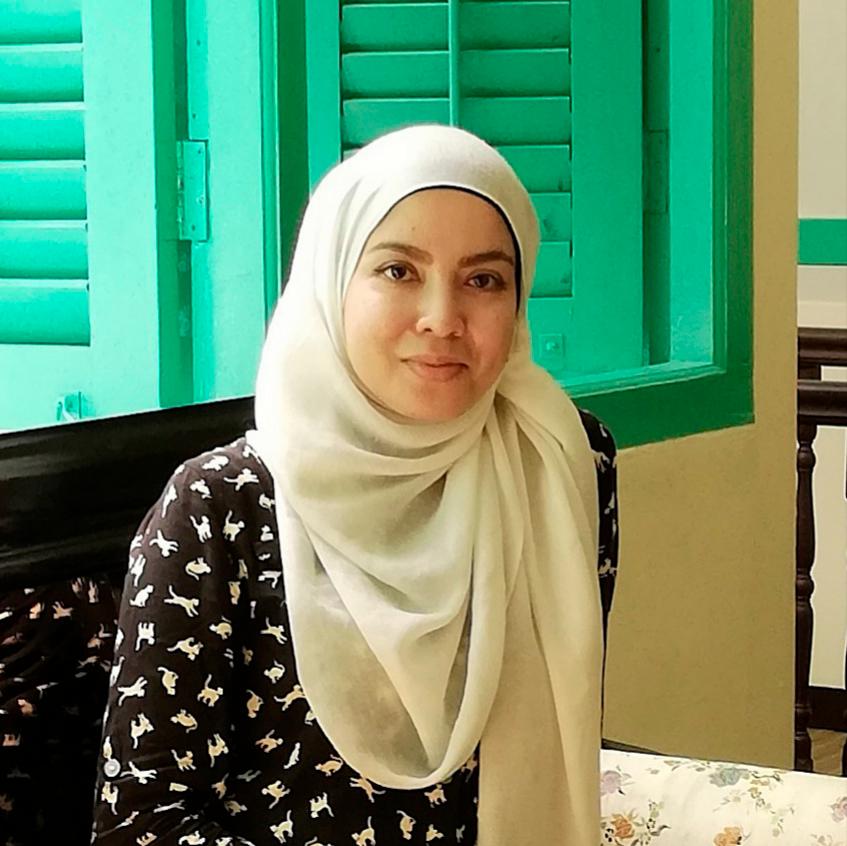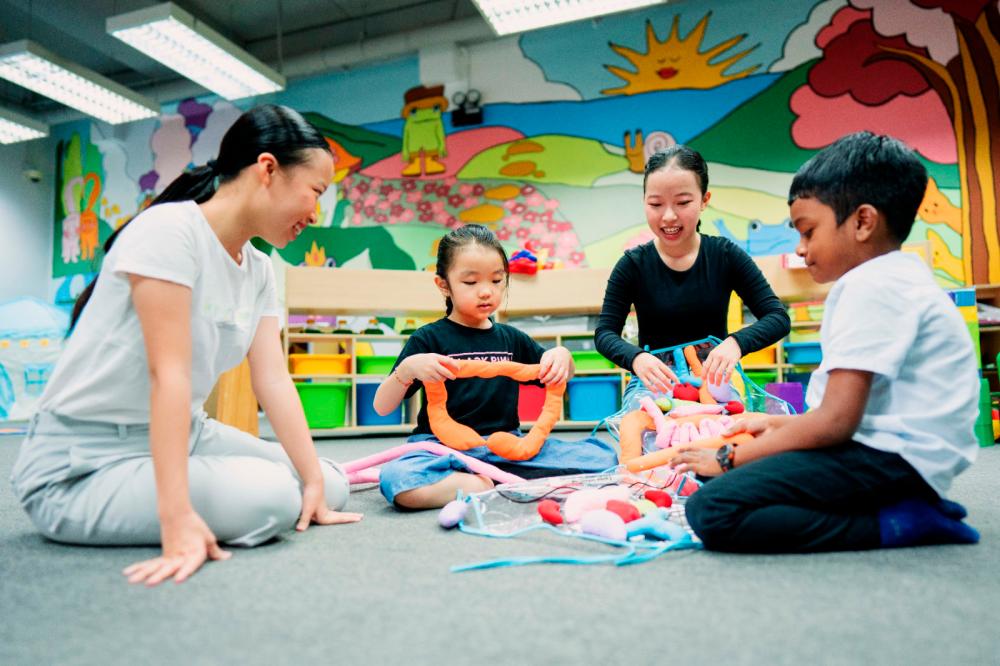In the realm of education, the collaboration between early childhood centres and communities emerges as a powerful catalyst for positive change, significantly impacting the development and success of children. A holistic approach that intertwines educational initiatives with community involvement yields a myriad of benefits, including fostering emotional competence and cultivating habits that contribute to healthy family dynamics.
Community engagement serves as a dynamic platform for experiential learning. Children, through interaction with community elders and participation in group activities, learn problem-solving skills in an adult-like manner. This exposure not only enhances their cognitive abilities, but also instils cultural norms from an early age, contributing to a well-rounded understanding of their community and the world.
In the journey of becoming proficient early childhood educators, it is important for students to embark on a transformative process, arming themselves with the indispensable trio of knowledge, skills, and values inherent to the early childhood care and education (ECCE) profession.
This encompasses understanding the intricate nuances of child development, navigating the interactions pivotal for fostering growth, and delving into each child's unique background. Equally vital is honing the ability to collaborate with families, fostering a robust sense of community that ensures the flourishing of young minds.
Research has revealed the pivotal role of emotional competence in the developmental trajectory of children, especially during the preschool years. The importance of actively involving all adults and environments in a child's life, including family and community, becomes essential for fostering emotional growth. This emotional competence, in turn, paves the way for social and academic success, creating a foundation for well-rounded individuals.
As students embark on their educational journey in early childhood development programmes, it's crucial to recognise that their engagement with local communities should extend beyond theoretical concepts. Children should be actively involved in discussions about topics relevant to their daily lives, which then become a powerful tool for empowering them, shaping them into more than just learners, but active and caring contributors to their community.

Teachers, as key influencers, should consistently invest in community-building efforts. This ongoing commitment lays the groundwork for children to seamlessly progress into the larger communities, where their educational centres are situated. To embrace this holistic approach is advice worth considering, ensuring that emotional growth and community involvement become interconnected aspects of a child's development.
By doing so, we contribute not only to the formation of knowledgeable educators, but also to the cultivation of socially adept and emotionally competent individuals.
Moreover, recognising the diversity within families in terms of expectations for their child's learning, values, and familial needs is paramount. Despite these differences, the intentions of families are rooted in what they perceive as best for their children.
To build rapport and foster an open trusting relationship serves as the initial step in establishing shared understanding and expectations for the children's development and learning. In this context, each community emerges as a valuable resource for crafting the early childhood curriculum and addressing the concerns and needs of families.
The collaborative effort between families and educators in sharing knowledge based on young children's development is foundational. Parents contribute insights into their child's likes, dislikes, and interests, which can shape further learning and exploration in the early childhood centre.
Additionally, family members play an active role in sharing moments of learning and development at home, reinforcing their child's learning in the centre. They also become participants in sharing educational resources, ranging from conducting traditional games to storytelling or sharing recipes. This active involvement of families enriches the educational environment and strengthens the bond between the community, families, and educators.
The refinement of interpersonal skills and relationship-building within a community comes with time and practice. Also engaging with different communities exposes student teachers to the idiosyncrasies of communication and working with diverse personalities and cultures. They learn to be flexible and adapt to meet the needs and demands of each unique community, gaining insights into the care and patience required in guiding children's learning and development of self-regulation skills. It becomes evident that dealing with young children and families is not a one-size-fits-all scenario; it defies a textbook prescription.
At Taylor's, where the holistic development of early childhood educators takes centre stage, the impact of education reaches well beyond the conventional classroom setting. While specifically tailored for students in the Diploma in Early Childhood Education (DECE) programme, this extends to active participation in community initiatives from the very first semester.
In collaboration with Play Unlimited and Re:Play, students contribute to invigorating activities at Toy Library Da Men mall, conducting play-based activities and crafting activity cards for children from PPR Lembah Subang 2.
This hands-on commitment to making a difference not only aligns with the overarching theme of community engagement but also sets a powerful precedent for the transformative influence of early childhood education.
To build a respectful, authentic, and caring community between families and early childhood educators creates an ideal environment for learning and development, both at home and in the centre. Strong connections between home and the early childhood centre benefit children, families, and ECCE programs, achieving more collectively than individually. This shared community is grounded in providing resources and support for families and their children to grow holistically, physically, cognitively, socially, and emotionally.
Family and educator collaboration builds a shared goal and understanding for children's learning, reducing mismatch and confusion between home and the centre. Family engagement in observations and interactions with early childhood educators enriches their knowledge of child development, contributing to the holistic growth of children in a connected community.
A core message from the National Association for the Education of Young Children emphasises that the foundation for a community lies in consistent, positive, caring relationships among educators, adults, and children within the learning community. Each member is valued for their unique contributions, fostering an environment where everyone supports one another's well-being and learning.
By Nurul Iman Arshad, Senior Lecturer, School of Pre-University Studies, Taylor’s College









